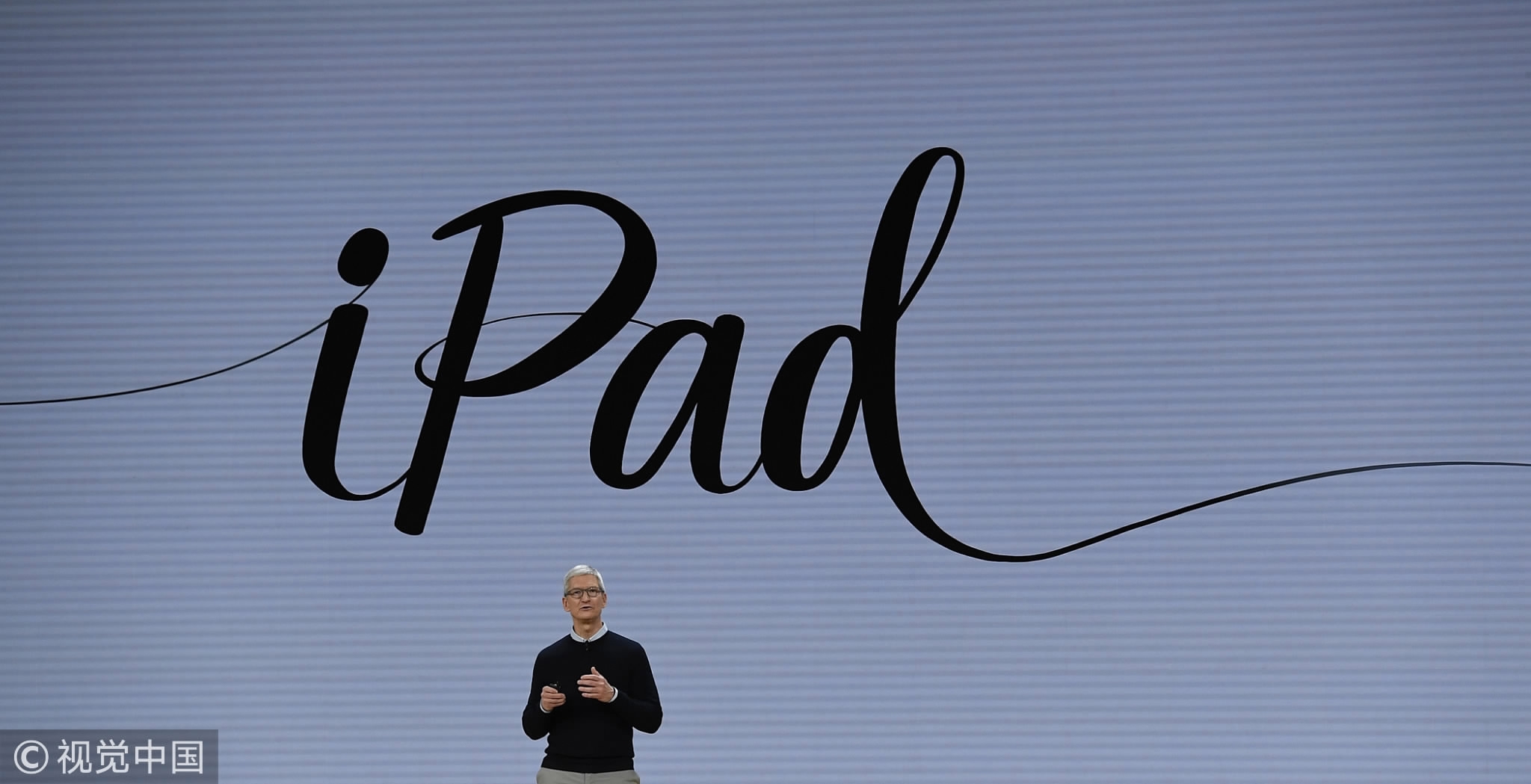
Opinions
20:35, 27-Apr-2018
Opinion: Why are tech giants mired in disputes over taxation, monopoly?
Guest commentary by Chen Jiahe

It has been a long-lasting conflict between technology giants and governments regarding how much tax should the firms pay and how societies should handle their monopoly behaviors.
Regarding the taxation, a BBC article “Corporate tax avoidance: How do companies do it?” provides a good explanation. It was written in 2012, but six years later, the world is still arguing the same issue, with little sign of easing.

Shenzhen, a technology hub /VCG Photo
Shenzhen, a technology hub /VCG Photo
Primarily speaking, the reason that there are so many tax disputes between technology giants and governments is that governments set up their taxation codes in line with the old business world, while technology has brought up something entirely new.
In earlier days, it was not possible to order something from a shop in Luxemburg while sitting in England, now it is possible. Twenty years ago, you could not have walked on a Paris street and bought a map composed by software engineers working in the Silicon Valley, now you can. It was not possible for a company to locate its service providers thousands of miles away from its customers, now it is within reach.
So old business rules do not function well in the new digital world. That is why you see frequent disputes.
Meanwhile, the different tax rate in different countries might result in high tech companies swarming into the country with the lowest tax rate, which the other governments in countries with higher tax rate may not welcome.
However, the principle of taxation itself remains intact, that companies should pay tax according to their business activities so that societies can have enough money to maintain the public interests. This principle is exactly the same in today’s communities, compared with those even centuries ago.
Therefore, it is not the question of whether or not the new businesses should be taxed, but how the principle and philosophy of the taxation system can be applied to the new digital world.
Neither is this the question of whether or not technology giants should bear more tax as proposed by Europe. The real question is why they should enjoy a lower tax rate only because they adopt a different technological route for their business-customer relationship.
Meanwhile, technology giants have continuously been criticised for their monopolization in their own fields. Why do so many technology companies monopolize their industries, compared with the traditional companies?

Apple launched the iPad 2018 in Chicago on Mar 27, 2018. /VCG Photo
Apple launched the iPad 2018 in Chicago on Mar 27, 2018. /VCG Photo
The best explanation is definitely not like this: “People who run tech companies are bad guys and people who run normal companies are honest, hardworking, simple-minded, good guys”. No, this is a fantasy derived from science fiction films. You might meet some good and some bad fellows in your daily life, but it is definitely not true when you are talking about a social phenomenon that involves a huge industry with tens of millions of people working in it.
This is because, naturally speaking, it is easy for the technology industry to create a monopoly, much easier than most of the traditional sectors.
Take one of my favorite examples, a barbershop: have you ever seen a barbershop group that monopolizes the industry and threatens its smaller competitors through unjustified methods? Hardly. Why? It is because a very large barbershop has little advantage over a very small, little, puny barbershop.
However, for technology industries, the situation is 100 percent reversed. When there are two chatting apps, one has 500 million users, including almost all your friends living all over the world, and the other one has only 1 million users. Then, which one will you install on your mobile phone? Would you even spend one second to make your choice between the two apps?
More than this “network effect”, there are many other features of the technology industry that naturally lead to monopoly, which include almost zero transportation cost, pretty strong brand effect, very expensive research and development cost, very small marginal production cost, etc. All these features lead to a very hard environment for small technology firms, therefore give large firms more advantage and make them even larger.
It is well known today that monopoly hurts our societies. Anti-monopoly laws can be found everywhere in the world. (For your reference, China also had its own anti-monopoly law in 2008.) Therefore, when a monopoly is really formed, it shall be neither improper nor impossible for governments to take actions, only that such actions will require justification and determination.
(Chen Jiahe is the Chief Strategist at Cinda Securities, Oxon. The article reflects the author's opinion, and not necessarily the views of CGTN.)

SITEMAP
Copyright © 2018 CGTN. Beijing ICP prepared NO.16065310-3
Copyright © 2018 CGTN. Beijing ICP prepared NO.16065310-3